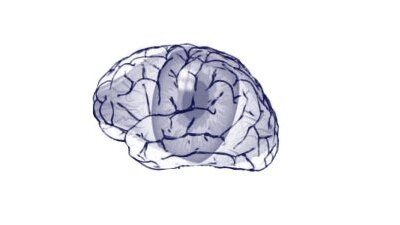
The Department of Biological Psychology and Cognitive Neuroscience (BPCN) is part of the Institute of Psychology in Jena.
The department includes the teaching of BSc courses in the fields of Biological Psychology and MSc courses in the broader field of Cognitive Neuroscience for psychology students. Biological psychology deals with the interaction of mental activities with the brain and the body. Because cognitive neuroscience is an inherently multi- and interdisciplinary field, the department also welcomes undergraduate and graduate students from diverse backgrounds, such as: B. Medicine and life sciences.
The main research topic of the BPCN is the investigation of the neuronal background of perceptual and cognitive functions. In particular, we study visual perception by combining modern electrophysiological and imaging techniques and stimulating the healthy brain through transcranial magnetic stimulation with subtle psychological tools for behavioral analysis.
We are particularly interested in how we recognize and identify an object/person? Where and how does perception interact with memory? How can predictive processing explain neural and perceptual phenomena?
-
1. Investigating the neural effects of typicality and predictability for face and object stimuli
Investigating the neural effects of typicality and predictability for face and object stimuli Plos One Authors: Ficco L, Li C, Kaufman JM, Schweinberger SR and Kovács G (in press)Externer Link
-
2. Stimulus expectations do not modulate visual event-related potentials in probabilistic cueing designs
Stimulus expectations do not modulate visual event-related potentials in probabilistic cueing designs (accepted) Neuroimage 280, 120347. Authors: den Ouden C, Zhou A, Mepani V, Kovács G, Vogels R, Feuerriegel D LINK
-
3. The effect of context congruency on fMRI repetition suppression for objects
The effect of context congruency on fMRI repetition suppression for objects, Neuropsychologia, (2023), 108603, https://doi.org/10.1016/j.neuropsychologia.2023.108603Externer Link. Authors: Li C, Ficco L, Sabrina S, Rostalski SM, Korn L, Kovács G
-
4. CNN - Why face-to-face gatherings still matter
After more than a year of meeting on Zoom every month, the members of Amy Ettinger’s book club recently tried something radical: They got together in real life...
by Matt Villano
Click HERE Externer Linkto read the full article

